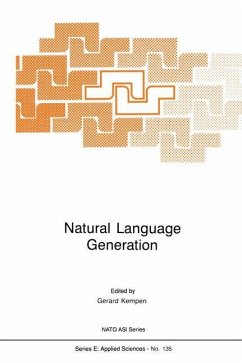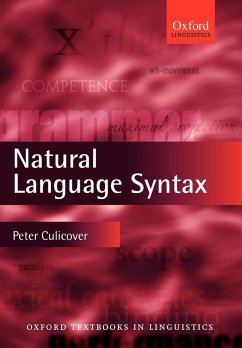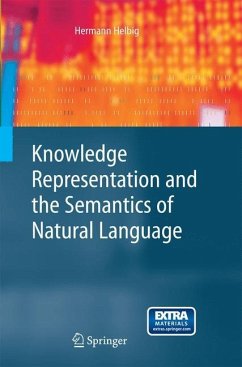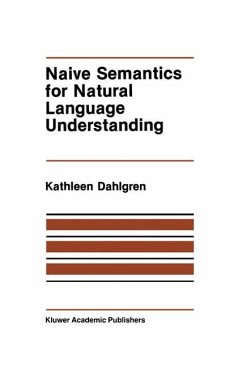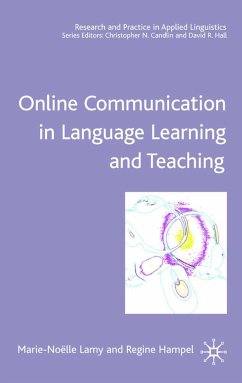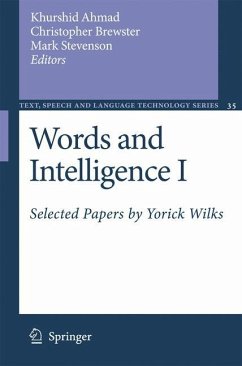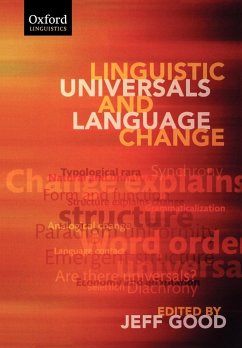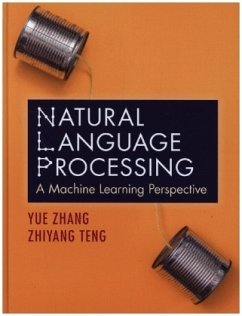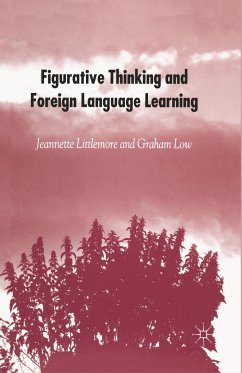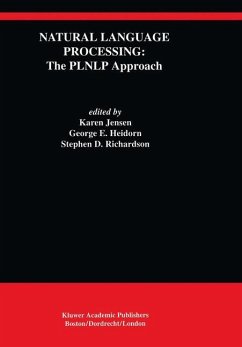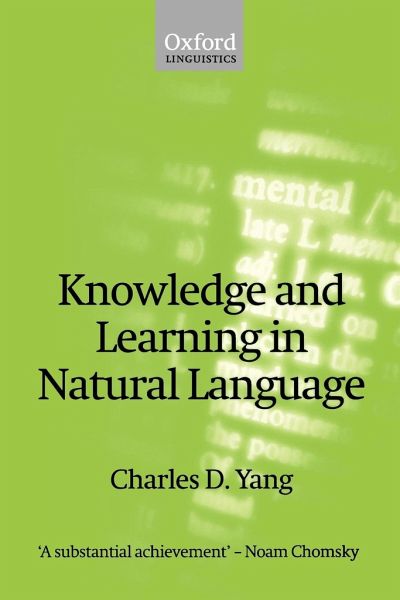
Knowledge and Learning in Natural Language

PAYBACK Punkte
36 °P sammeln!
It is a simple observation that children make mistakes when they learn a language. Yet, to the trained eye, these mistakes are far from random; in fact, they closely resemble perfectly grammatical utterances by adults--who speak other languages. This type of error analysis suggests a novel view of language learning: children are born with a fixed set of hypotheses about language--Chomsky's Universal Grammar--and these hypotheses compete to match the child's ambient language in a Darwinian fashion. The book presents evidence for this perspective from the study of children's words and grammar, a...
It is a simple observation that children make mistakes when they learn a language. Yet, to the trained eye, these mistakes are far from random; in fact, they closely resemble perfectly grammatical utterances by adults--who speak other languages. This type of error analysis suggests a novel view of language learning: children are born with a fixed set of hypotheses about language--Chomsky's Universal Grammar--and these hypotheses compete to match the child's ambient language in a Darwinian fashion. The book presents evidence for this perspective from the study of children's words and grammar, and how language changes over time.



